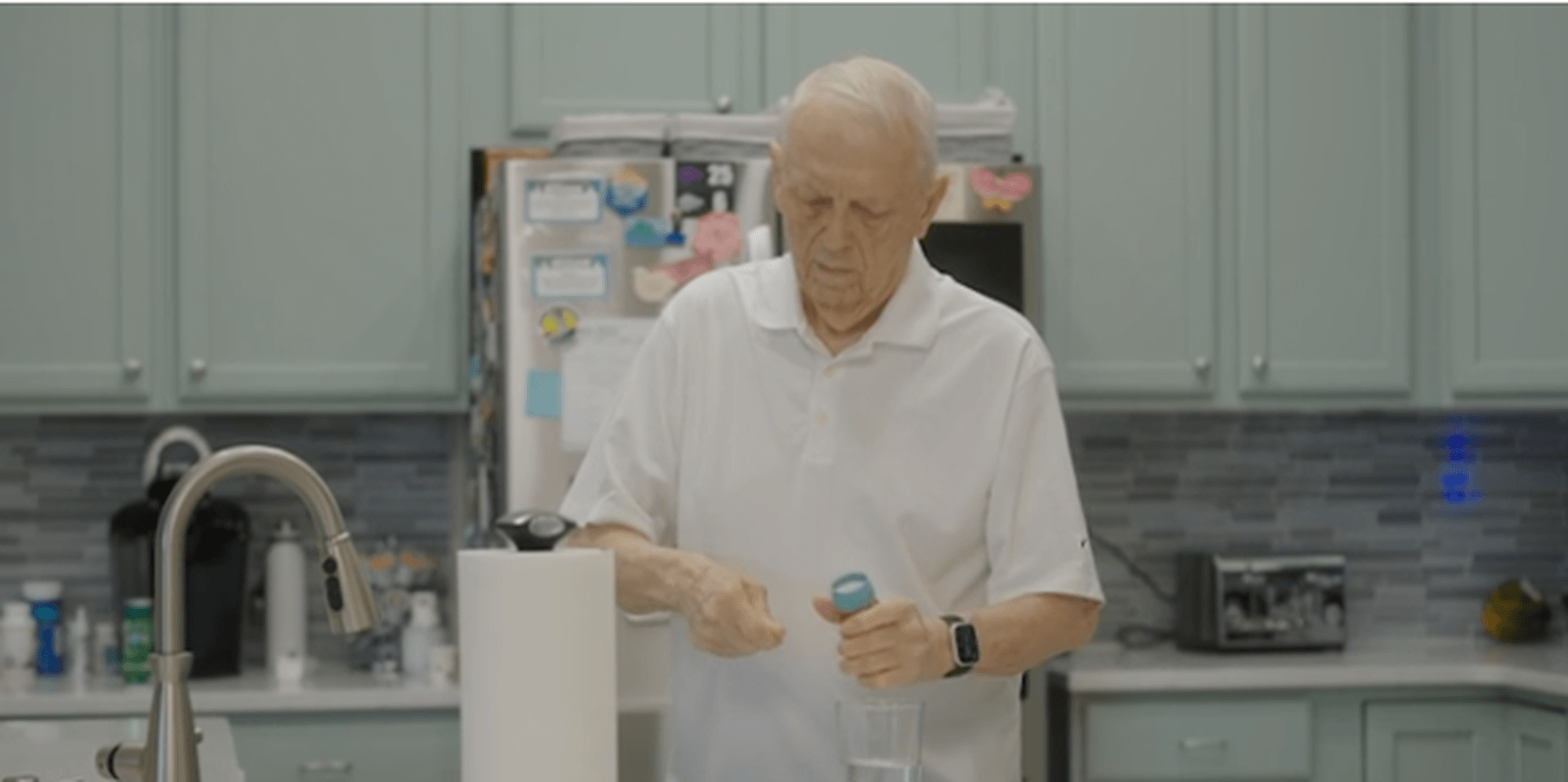COLUMBUS, Ohio – There’s a new ray of hope for pancreatic cancer patients. A pioneering telehealth-based clinical trial offers targeted therapy from the comfort of home. Known as “smart drugs,” these precision therapies specifically target genetic mutations responsible for cancer cell growth. In this trial, the focus is on fibroblast growth factor receptors (FGFR), found in approximately one percent of pancreatic cancer patients. Through this telehealth study, patients across the United States can now access oral targeted drug therapies without the need for extensive travel.
“By taking clinical trial treatment options directly to the patient and partnering with community oncologists across the United States, we greatly expand access to patients who need these therapies – and we are more capable of making meaningful discoveries by recruiting larger groups of patients,” says Dr. Sameek Roychowdhury, a medical oncologist with The Ohio State University Cancer Center, says in a media release.
Pancreatic cancer is a rare but aggressive disease affecting about 64,000 individuals every year. Diagnosis often occurs at advanced stages, making treatment challenging. Surgical intervention is effective in the early stages, but early detection remains difficult, limiting approved treatment options. This trial aims to broaden access to targeted drug therapy clinical trials, filling a crucial gap in pancreatic cancer treatment.
“There may be hundreds of gene mutations in someone’s cancer. Discovering which ones are driving how cancer behaves and treating the mutation with novel therapies is the basis of ‘smart drug’ – or precision cancer medicine – research,” says Roychowdhury. “One of the major barriers for precision oncology clinical trials is the rarity of some gene mutations — which limits pharmaceutical company interest and feasibility.”

The research on FGFR that inspired this trial received support from Gateway for Cancer Research, a non-profit organization dedicated to funding early-phase clinical trials for various cancer types. Gateway champions decentralized oncology research and aims to increase awareness of telemedicine-based trials, ensuring patients understand their options regardless of research site proximity.
Dr. Roychowdhury, with a decade of experience in FGFR smart drugs, leads the way in this innovative treatment. Besides the trial, Dr. Roychowdhury’s team established a registry for patients to support research on rare forms of pancreatic cancer.
The trial expects to start recruiting patients in late 2023. To learn more about participating in the study or joining the registry, contact [email protected].

